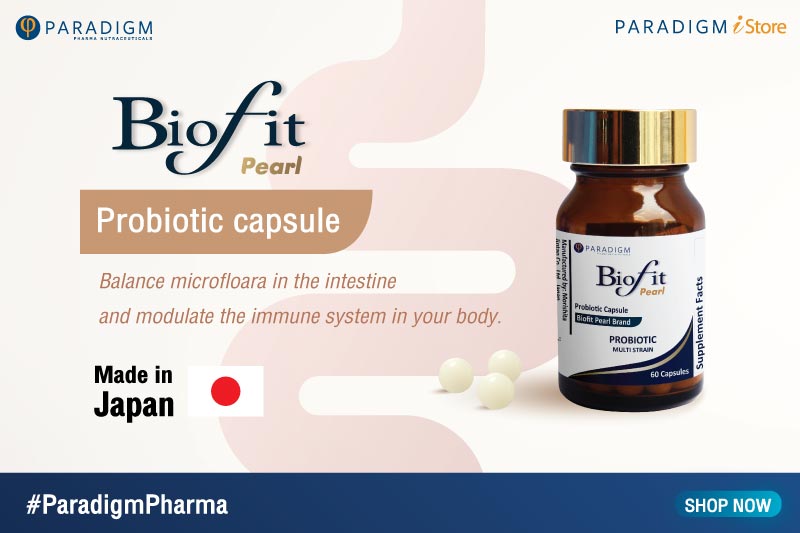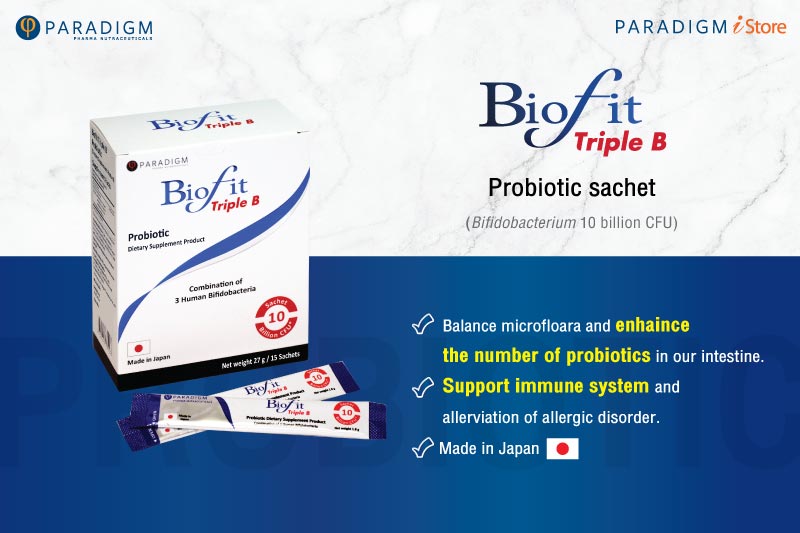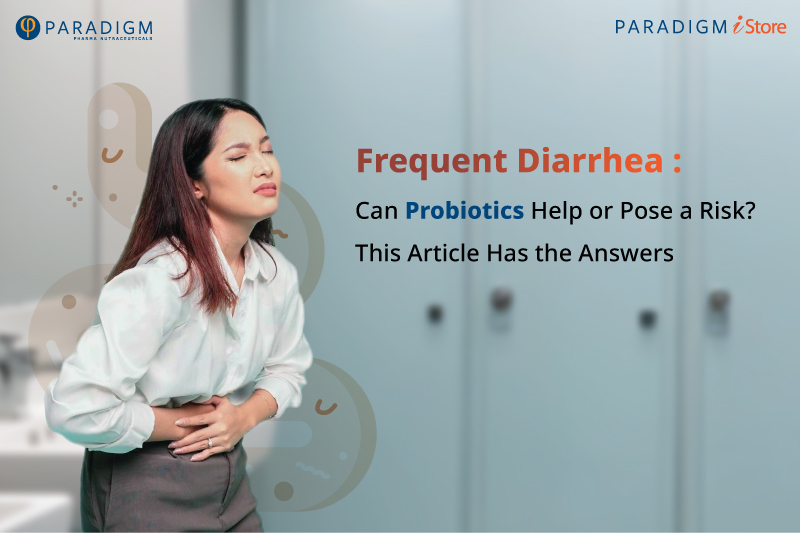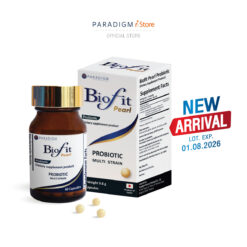What is probiotic, and why are they important for your body?
What is probiotic?
Probiotics are beneficial live microorganisms for your body, especially the digestive system. These probiotic bacteria can help balance the good and bad bacteria in your gut, boost your immune system, and reduce inflammation, among other benefits. There are various types of probiotics worldwide, each with its benefits and different uses.
Types of probiotics
The human gut is home to billions of bacteria, and they play a significant role in your health. However, some bacteria may have negative effects, leading to inflammation or digestive issues. This is where probiotics come in. Probiotics are beneficial bacteria that have been proven time and time again to be beneficial to your digestive system. They can help balance the good and bad bacteria in your gut by replacing them with health-promoting bacteria, which makes you feel good instead of getting sick.
Probiotics help with what? How are they essential to the body?
Probiotics are beneficial bacteria that are beneficial to the body and can help maintain the health of the intestines and digestive system. Each group may benefit differently:
- For those with digestive issues, probiotics can help balance the bacteria in the digestive system, reducing symptoms like constipation, diarrhea, and related discomfort.
- For infants and toddlers, probiotics can help prevent and treat diarrhea, reduce food allergies, and promote healthy growth.
- For women and men, probiotics can help prevent and treat infections in the reproductive tract, reducing the risk of reproductive diseases.
- For the elderly, probiotics can help improve digestive function, reduce constipation, and strengthen the immune system.
- For those with respiratory issues, probiotics can reduce inflammation in the respiratory system and prevent diseases like colds and allergies.
How much probiotics are necessary for the body?
According to the National Institutes of Health, our bodies require anywhere from 1 billion to 10 billion CFU. CFU is a unit used to measure the quantity of bacteria present in supplements and foods. However, this can vary based on individual age and overall health.
The factors that contribute to a decrease in probiotics
- Consuming too little fiber in the diet.
- Consuming excessive amounts of high-fat foods.
- Consuming high amounts of sugar frequently and excessively.
- Alcohol consumption.
- Smoking.
- Increasing age.
- Stress.
Where can probiotics be obtained from?
1. Natural Food Sources of Probiotics:
- Dairy products like yogurt and various types of fermented milk are available in the market, which indicates the quantity of bacteria present.
- Fermented foods such as kimchi, pickles, and miso.
2. Probiotic Supplements:
With advancements in health science and technology, popular sources of high-quality probiotics often come from various probiotic supplements. Paradigm Pharma itself offers a range of probiotic supplements that we’d like to recommend, including:
Biofit Pearl: Probiotic capsules with a pearl-like shape, containing 3 strains of probiotics totaling 3 billion CFU per capsule. Imported from Japan and manufactured using encapsulation technology patented in Japan to protect the probiotics until they reach the intestines.
Biofit Triple B: Probiotic and prebiotic sachets containing Bifidobacterium probiotics with 10 billion CFU per sachet and Fructo-Oligosaccharide as prebiotics. Imported from Japan, with a yogurt flavor, easy to consume in various ways such as directly in the mouth followed by water, or mixed with food or beverages.











